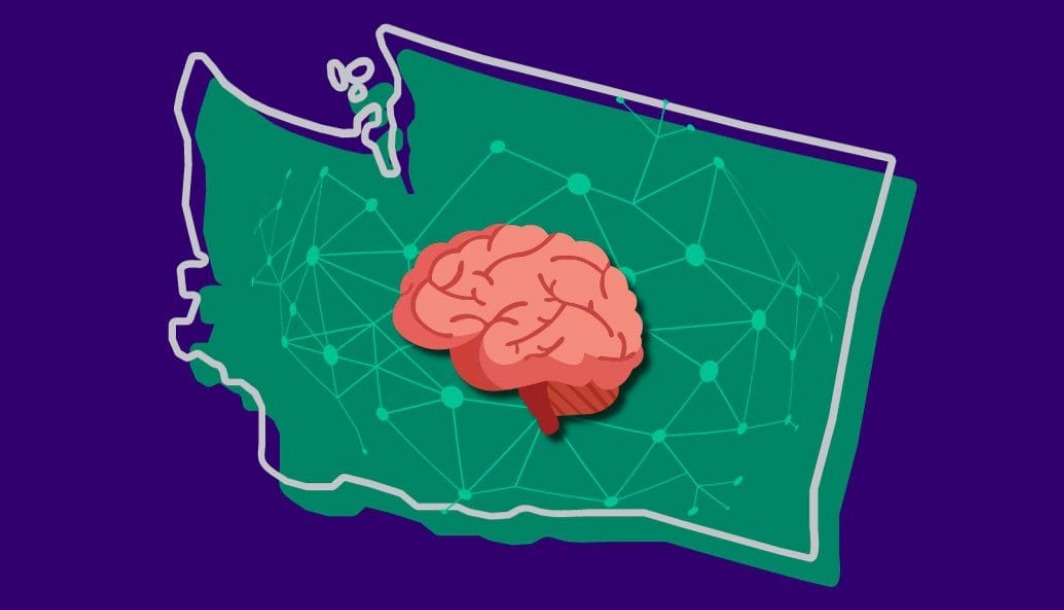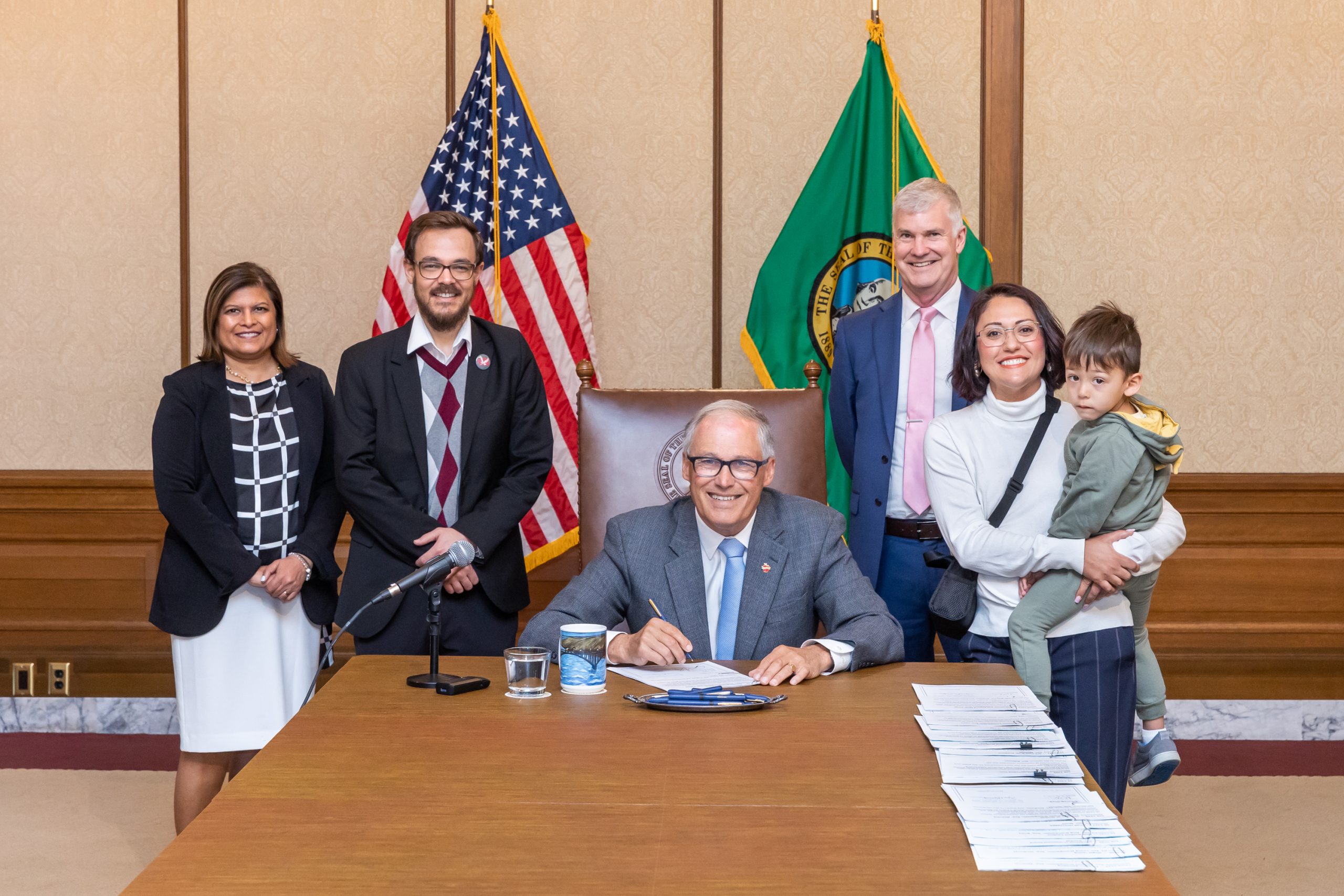BHSS News
September 26, 2025 | Announcements & News, Recent Updates, Spotlight Topic
Newly Approved BHSS Clinical Training Programs
Lake Washington Institute for Technology in Kirkland, WA and Centralia College received full approval from the Department of Health on September 25, 2025.
September 12, 2025 | Announcements & News, Publications
Competency Framework for Bachelor-Level Social Workers to Deliver Psychosocial Interventions within Integrated Care
A study aimed to develop and validate a competency framework for a bachelor-level social worker, or related degree type, to work in integrated behavioral healthcare settings under clinical supervision.
April 15, 2024 | Publications
Behavioral Health Workforce Development in Washington State: Addition of a Behavioral Health Support Specialist.
This Open Forum highlights an innovative effort in Washington State to initiate a bachelor’s-level behavioral health support specialist (BHSS) curriculum leading to credentialing to expand the mental health workforce and improve access to care for people with depression and anxiety.
December 1, 2023 | Announcements & News, Recent Updates
Supporting Mental Health, Tackling Care Shortages
Dr. Anna Ratzliff and Dr. Bill O'Connell discuss the new Behavioral Health Support Specialist role as a new job type to address mental health care shortages.
May 8, 2023 | Announcements & News, Spotlight Topic
Governor Inslee Signs SSB 5189 to Establish BHSS in Washington
The UW Behavioral Health Support Specialist Clinical Training Program is excited to announce that Governor Inslee has signed SSB 5189 into law to establish the role of behavioral health support specialist (BHSS) in Washington.
January 13, 2023 | Publications
Perspectives of Nonspecialists Delivering a Brief Depression Treatment in the United States: A Qualitative Investigation
Authors examined qualitative reports of nonspecialist provider (NSP) experiences delivering a brief structured behavioral intervention for depression (called “Do More, Feel Better” [DMFB]) to adults aged 55 and older. NSPs perceived the intervention and delivery experience to be acceptable, feasible, and appropriate. Qualitative results provided insight into specific barriers and facilitators which may be important to consider when planning to implement task sharing.







